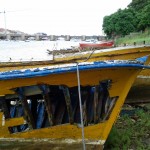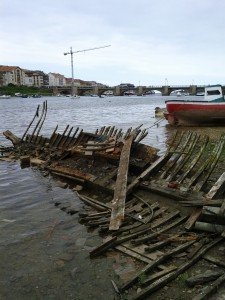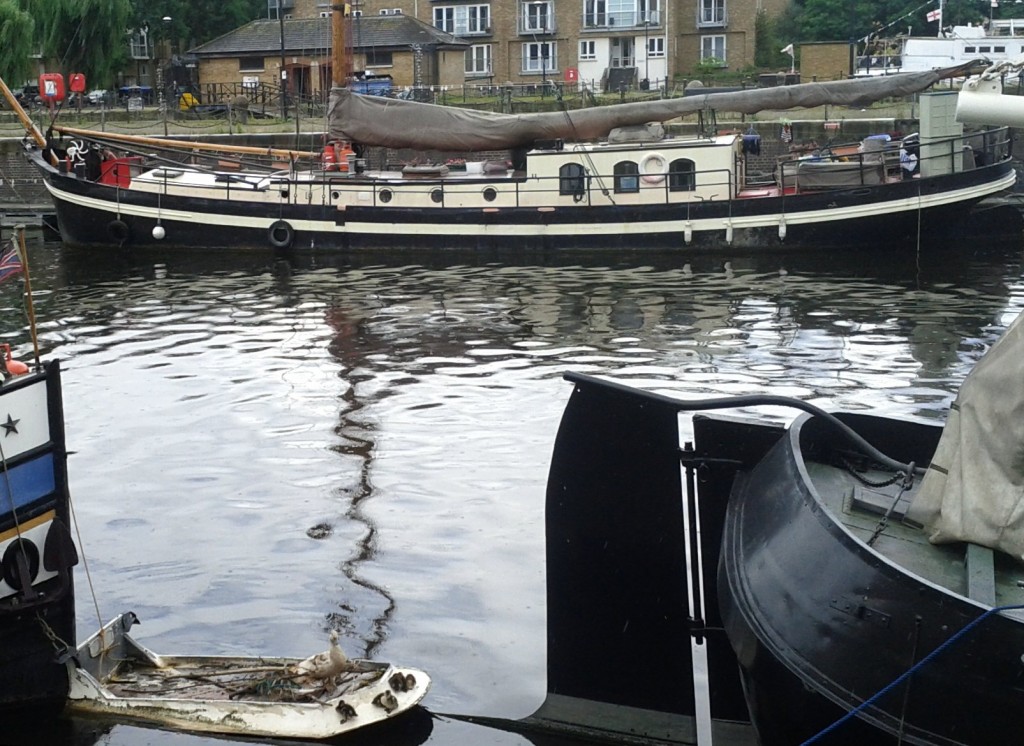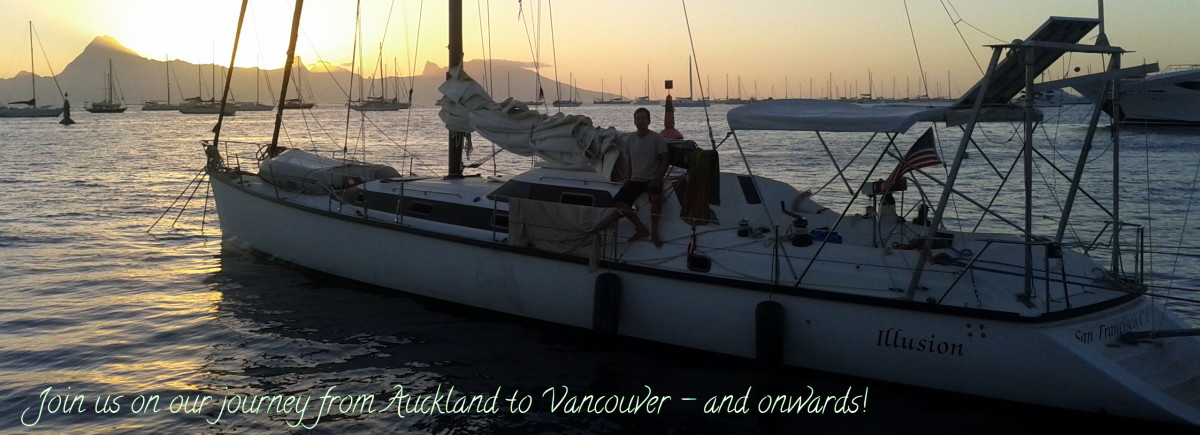 While reading through the CruisersForum recently, I found a post by someone concerned about the major threats while cruising and asking for advice. There were a few replies and comments about how “normal” life is statistically much more dangerous. It got me thinking about some of the dangerous situations I’ve seen out on the ocean…
While reading through the CruisersForum recently, I found a post by someone concerned about the major threats while cruising and asking for advice. There were a few replies and comments about how “normal” life is statistically much more dangerous. It got me thinking about some of the dangerous situations I’ve seen out on the ocean…
After coastal and ocean cruising for some years, I know a few boats that have been lost or suffered some sort of reasonably serious calamity. I haven’t studied the statistics, but definitely have some relevant anecdotal experiences to share.
I’ll not include the obvious, like falling overboard or boom strikes. It does happen, but most people are pretty safe when it comes to direct life-challenges. Also, a couple of boats should have had a defibrillator aboard (1 life lost), but knew they were a risk; in the past this was a serious cost concern, but not so much now.
Main factors creating dangerous conditions:

1) Poor boat safety (maintenance, upkeep, design, etc.) – you don’t want the boat to sink in rough weather.
2) Bad scheduling or being in a rush – strict adherence to weather windows (periods of good weather) will save you a lot of grief.
3) Not being methodical or, better still, slightly pedantic – “accidents” are usually a combination of events that did not appear to be adding up catastrophically.
4) Careless navigating – GPS makes it too easy & complacency sets in. (A dolphin saved me from running into the rocks one night when I was too tired to be making nav decisions – I could have been one of the anecdotes below!).
A few boats I’ve known that sank, or almost did, were cutting corners in safety or preparedness. One literally cut corners: we were in the lead of an overnight “convoy” between island groups in Tonga, bashing west into the wind to get around a reef extension, when one friend, several boats (and a few miles) back, radioed that they thought it would be safe to turn south. We knew the charts weren’t 100% accurate, and though they might be right we decided to sail on a bit longer, until we knew we were safe. We told them we wouldn’t turn yet; they turned about 10 minutes later, but too early (about 30 feet as it turned out!) and ran into the reef. They pushed hard with the engine, went over the reef, holed the boat in the process and sank in ~40 feet of water. (No lives lost).
In other situations, boats were just not prepared. Like the steering chain coming off a gear before hitting the stop (1 life lost). Another had a hull extension fiber-glassed off the transom to stow the dinghy: just power the dinghy up onto it, out of the water. Great idea, until BIG waves crash down on that surface and open up the hull (no lives lost).
It’s sometimes difficult to know what factors will combine to create an on-board crisis, which is why I mention #3 above. If an engine belt breaks or alternator dies, fix it! You might not know when you’ll need the engine urgently. Hatches should be completely open or completely closed (especially underway) — it’s too easy to appear secure. That kind of stuff.
A few cautions:
* If you wait to go cruising until your boat is “ready”, you’ll never leave! It’s a work in progress; but try to understand the various risks of incomplete projects.
* Don’t fall overboard when in the open ocean. Never! A solo sailor friend survived that (twice!), but it’s highly unlikely you’ll be that lucky.
* Read about weather and weather forecasting.
* Understand your boat’s behavior as the weather gets worse, but more importantly, understand the weather and forecasts enough, and you might just be able to avoid the worst.
* Don’t overload your boat! It will change the performance for the worse.
* Pay attention to forecasts (yours and others)! See #2 in the previous list.

Cruising is a great way to live, and relatively very safe. I think the difference is that cruisers are regularly exposed to new risks (like a coconut falling soundlessly 50 feet, then landing with a thud right beside you!), so it seems like a dangerous activity. The “known” risks of urban life are significant and even if statistics say cruising is safer, perhaps the downside of cruising risks are potentially more catastrophic – advanced medical care is, after all, often days not minutes away.
But don’t let that put you off: most people feel more alive than ever while cruising! So if you’re inclined to go, then go and have fun, but be safe and think clearly!

AND….. it may be a good idea to say yes to Mermaids
“Yes to Mermaids” – useful addition!!! 🙂